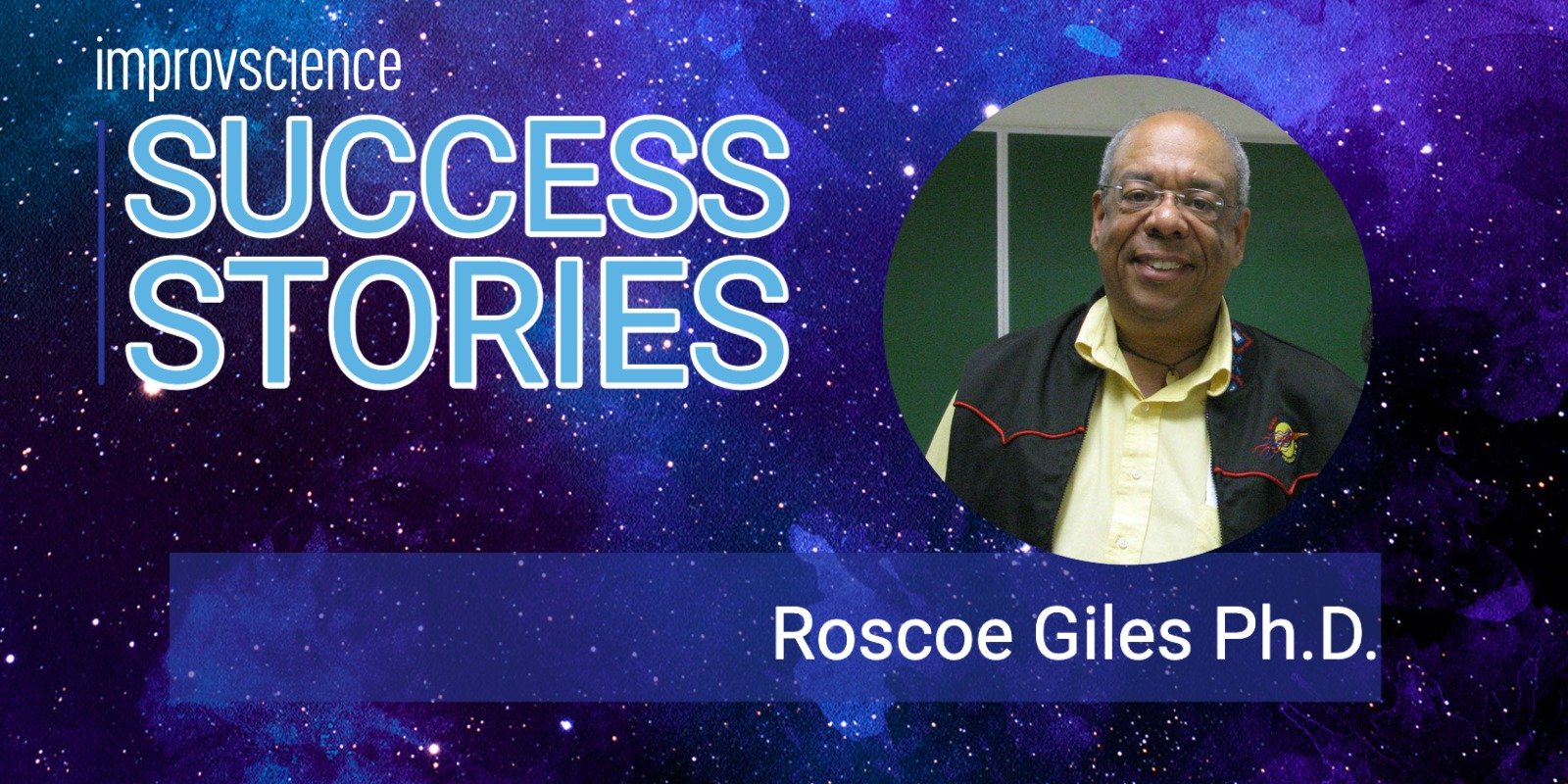Success Stories: Roscoe Giles
Success Stories:
Roscoe Giles
I'm a professor at Boston University in electrical and computer engineering, but my trajectory was through theoretical physics. I went a long way as a theoretical physicist, getting a degree from the University of Chicago and then grad school at Stanford, where I was the first Black person earning a Ph.D. in Physics—followed, starting six months later, I’m glad to say, by many more. I then came to MIT for a while and switched to computer engineering in the mid 1980s.
I was in the first group of people building the Center for Computational Science at BU. One of our efforts was to work with a large national consortium, the Partnerships for Advanced Computational Infrastructure, which was sponsored by the National Science Foundation. A major role for us was leading education, outreach and training activities in advanced scientific computing. Through this work, I met Raquell at a West Coast conference in the late 1990s. I needed somebody to be the program manager at BU and I found Raquell to be a really interesting, energetic and dynamic person and the perfect candidate to fill that role.
She had a Ph.D. in cell biology and was involved in many other things, including being a political organizer and giving a lot of thought to education and how people learn. I asked if she'd be interested in working on the computational science education and outreach program. She was, and that’s how she came to BU. She was a scientist who also brought to the job organizing skills that I, with my background in physics, math and computing, was not strong in. She was really good at dealing with people.
We were creating something new, so the job was not clearly defined, but Raquell thrived in that explorative environment as a member of a cohesive, creative team focused on designing education and outreach programs. We ran many workshops, in each of which we were building community, and interacted with hundreds of people in the context of education and outreach. The skills she demonstrated and processes she helped design in our program at BU, combined with her extensive experience in social therapeutics and play, emerged as improvscience in 2010.
Along with our work at BU and with the partnerships, we did a lot of work together on the Super Computing Conferences. At all of those Raquell developed more and more empowering kinds of workshops and activities that later evolved into improvscience services.
Even though I was her boss at BU, I was learning from her how to observe group dynamics, how to listen more carefully, how to interact with people in such a way that they could hear me better. Simply put, I gained overall better awareness of communication from being around Raquell, which had an impact both on my teaching and research. I became the Chair of the Faculty Council at BU and a member of the board of trustees during a time of some turmoil at the university and I would attribute a lot of my ability to navigate that in an effective way to what I learned from interacting with Raquell.
I am totally delighted by her success and it makes me happy that I can claim some association with her before improvscience was born and to be able to say that I saw her work grow up from its beginnings, and that I am really very proud of her.

